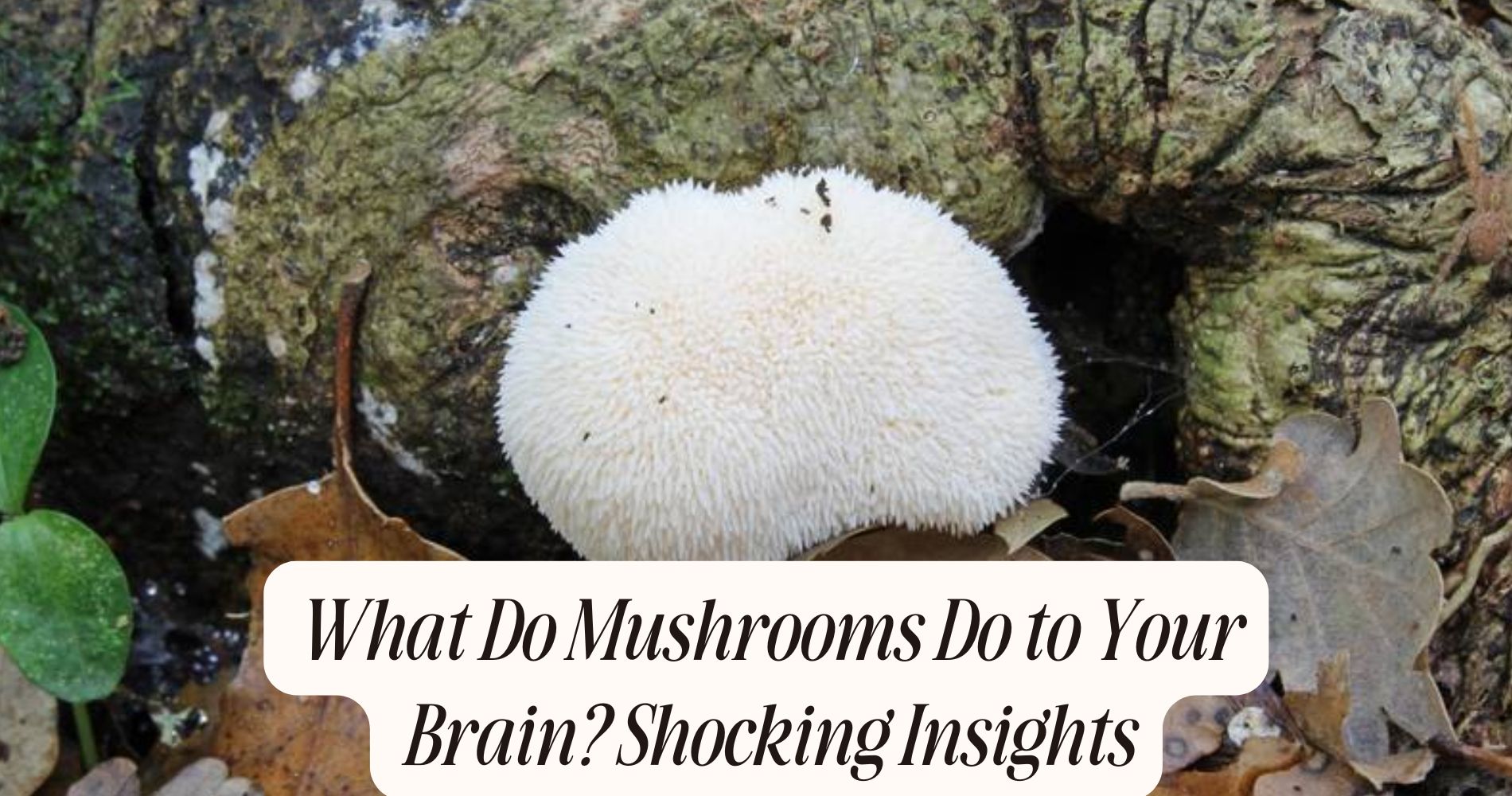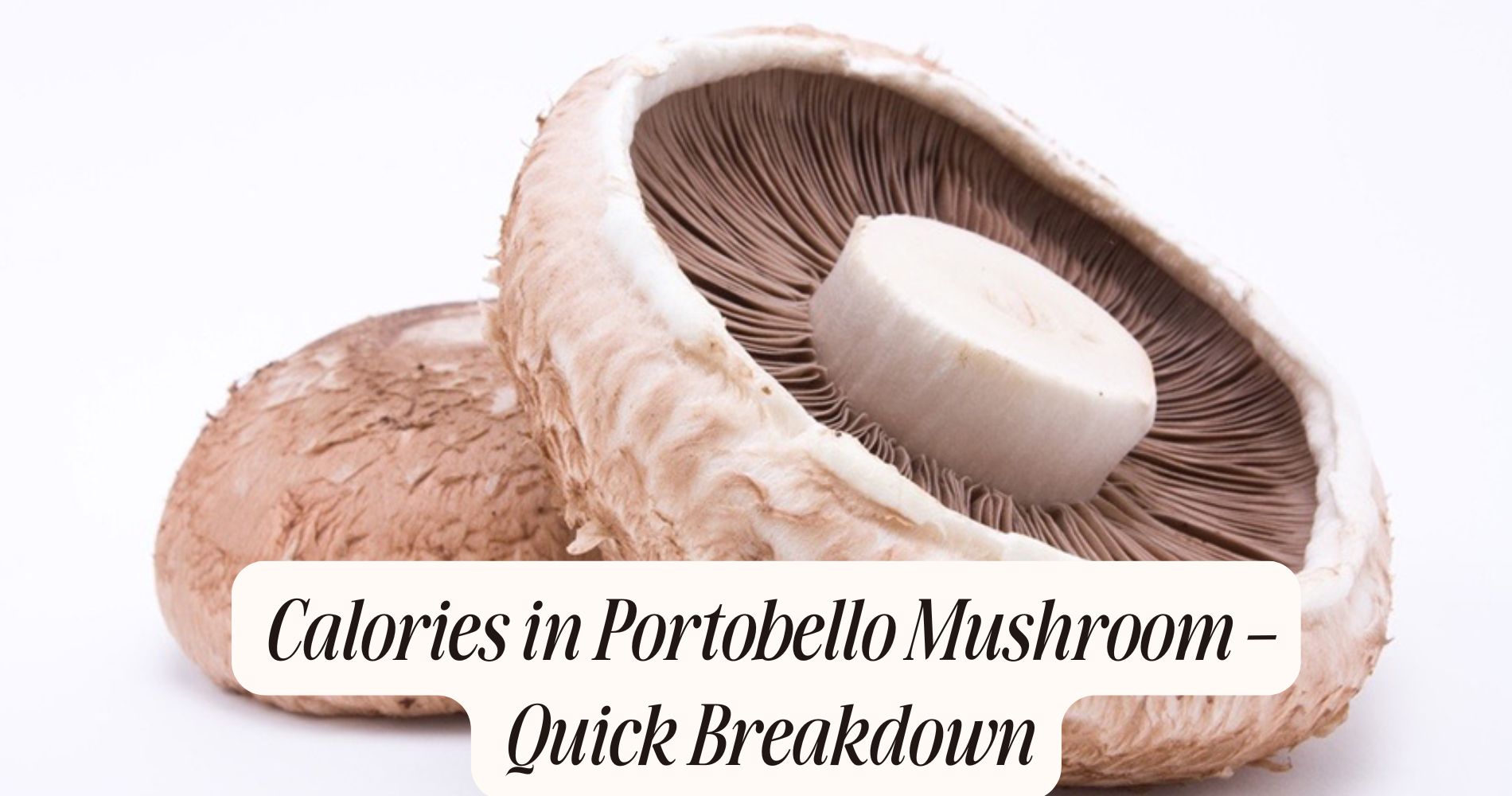
Are Mushrooms AIP Compliant? What You Need to Know
Are mushrooms AIP compliant? Yes, you can enjoy most mushrooms on the AIP diet—including white button, cremini, portobello, and shiitake—because they're nutrient-dense fungi, not nightshades or legumes. Mushrooms are packed with vitamins, minerals, fiber, and compounds that gently support your immune system, making them a valuable addition. Start with small amounts cooked, as tolerances can vary, and watch how your body responds. By tuning into your reactions and choosing wisely, you'll discover a wealth of tasty and healthy options ahead.
Understanding the Autoimmune Protocol (AIP) Diet
Although the Autoimmune Protocol (AIP) diet may seem strict at first glance, it’s designed to help you identify foods that could trigger inflammation and autoimmune symptoms. You’ll focus on nutrient-dense whole foods while eliminating potential irritants like grains, dairy, legumes, nightshades, and processed foods.
The aim is to calm your immune system and give your gut a chance to heal. When considering foods like mushrooms, it’s important to understand how fungus cultivation and different mushroom varieties fit into the framework.

AIP encourages you to pay close attention to your body’s response to each food introduced. While the protocol is restrictive initially, it’s not meant to be permanent.
Over time, you’ll reintroduce foods and monitor for symptoms, ensuring your diet remains as diverse and nutrient-rich as possible.
Nutritional Benefits of Mushrooms
Rich in vitamins, minerals, and antioxidants, mushrooms offer a unique nutrient profile that supports immune health and overall well-being. You’ll find that most mushroom varieties, such as cremini, shiitake, and portobello, provide a good source of B vitamins, selenium, copper, and potassium. These nutrients contribute to healthy metabolism, nerve function, and antioxidant defenses.
Additionally, mushrooms are low in calories yet high in fiber, which helps support digestive health and satiety.
When you explore the culinary uses of mushrooms, you’re not just adding flavor and texture to your meals—you’re also boosting your nutrient intake. While each variety offers slightly different benefits, including a mix in your diet provides a diverse range of micronutrients.
Including mushrooms regularly can help you meet your daily nutritional needs efficiently.
Mushrooms and Immune System Modulation
Because mushrooms contain unique bioactive compounds like beta-glucans and polysaccharides, they can help modulate the immune system rather than simply stimulating or suppressing it. These compounds interact with your immune cells, encouraging a balanced immune response.
Research shows that the fungal versatility found in mushrooms supports both innate and adaptive immunity, helping your body respond more efficiently to threats without tipping into overactivity—a key concern for those with autoimmune conditions.

You’ll find that different mushroom varieties offer slightly different benefits, but most share the ability to fine-tune immune activity. This means mushrooms can act as adaptogens, supporting immune health without overstimulation.
While most people tolerate mushrooms well, individual reactions vary, so it’s wise to monitor your own response if you’re considering adding them to your diet.
Are Mushrooms Allowed on the AIP Diet?
Given their ability to modulate the immune system, you might wonder if mushrooms have a place on the Autoimmune Protocol (AIP) diet. Most AIP guidelines consider common mushroom varieties—such as white button, cremini, portobello, and shiitake—compliant during the elimination phase.
Though mushrooms aren’t technically vegetables, they’re classified as fungi and don’t share the problematic compounds found in nightshades or legumes. Their rich nutrient profile, including B vitamins, selenium, and fiber, supports overall health and can benefit those seeking nutrient density in their diet.
When it comes to culinary uses, mushrooms add umami flavor and texture to AIP meals, making them a valuable ingredient. However, since individual tolerances vary, it’s wise to monitor your body’s response when introducing different mushroom varieties.
Tips for Incorporating Mushrooms on AIP
When you’re adding mushrooms to your AIP meals, start with well-tolerated varieties like white button or shiitake, and introduce them in small amounts to assess your body’s response. These mushroom varieties are generally easier to digest and rich in nutrients like B vitamins, selenium, and fiber.
Pay attention to how your body reacts, as individual tolerances can vary. Focus on gentle culinary techniques—such as steaming, sautéing in olive oil, or baking—since these methods preserve nutrients and improve digestibility.

Avoid raw mushrooms, as cooking helps break down tough cell walls and minimizes potential irritants. Rotate mushroom varieties to diversify your diet and nutrient intake.
If you notice any digestive discomfort, pause and consult with your healthcare provider before reintroducing mushrooms.
Supercharge Your Routine with Well Gummies
Looking for an easy way to tap into the power of mushrooms without meal prep? Try SUPER MUSHROOM GUMMIES by Well Gummies. Each chewable is packed with 10 functional mushroom types—offering brain fuel, calm energy, and daily immune support in a tasty wild berry flavor. These vegan-friendly gummies are perfect for on-the-go wellness, with no jitters or crash—just focused clarity and natural balance.
Frequently Asked Questions
Can Mushrooms Trigger Allergic Reactions in Sensitive Individuals?
Yes, you can experience a mushroom allergy if you're sensitive. Your immune response may react to certain proteins in mushrooms. While mushrooms offer nutrients, it's important to monitor for symptoms if you suspect an allergy.
How Should Mushrooms Be Stored to Maintain Freshness?
To maximize freshness maintenance, store mushrooms in a paper bag in the refrigerator—this classic storage tip helps absorb excess moisture and prevents spoilage. Don’t wash them before storing, as excess water can speed nutrient loss and deterioration.
Are Wild Mushrooms Safe to Eat on the AIP Diet?
If you’re considering wild mushroom foraging on the AIP diet, always choose edible, non-toxic species. Cooking mushrooms thoroughly boosts digestibility and nutrient absorption. Consult experts for mushroom cooking tips, and never eat unidentified wild mushrooms for safety.
Do Mushroom Supplements Comply With AIP Guidelines?
If you're considering mushroom supplements, know that AIP compliance depends on ingredients and processing. Many contain additives or extracts not permitted on AIP. Always check labels and prioritize whole-food, nutrient-dense options for ideal evidence-based support.
Can You Eat Canned Mushrooms on the AIP Diet?
You can eat canned mushrooms on the AIP diet if you check for compliant ingredients. Focus on simple mushroom preparation without additives. Canned mushrooms offer convenient culinary uses and retain nutrients, but always prioritize whole, minimally processed options.
Conclusion
Mushrooms can be a nutrient-dense addition to your AIP journey, offering valuable vitamins, minerals, and immune-supporting compounds. Current research and expert recommendations generally consider most mushrooms AIP compliant, but listen to your body and introduce them cautiously, especially if you have sensitivities. By including mushrooms mindfully, you’ll boost your nutrient intake and add variety to your meals while supporting your immune health. As always, consult your healthcare provider for personalized guidance on your AIP diet.




